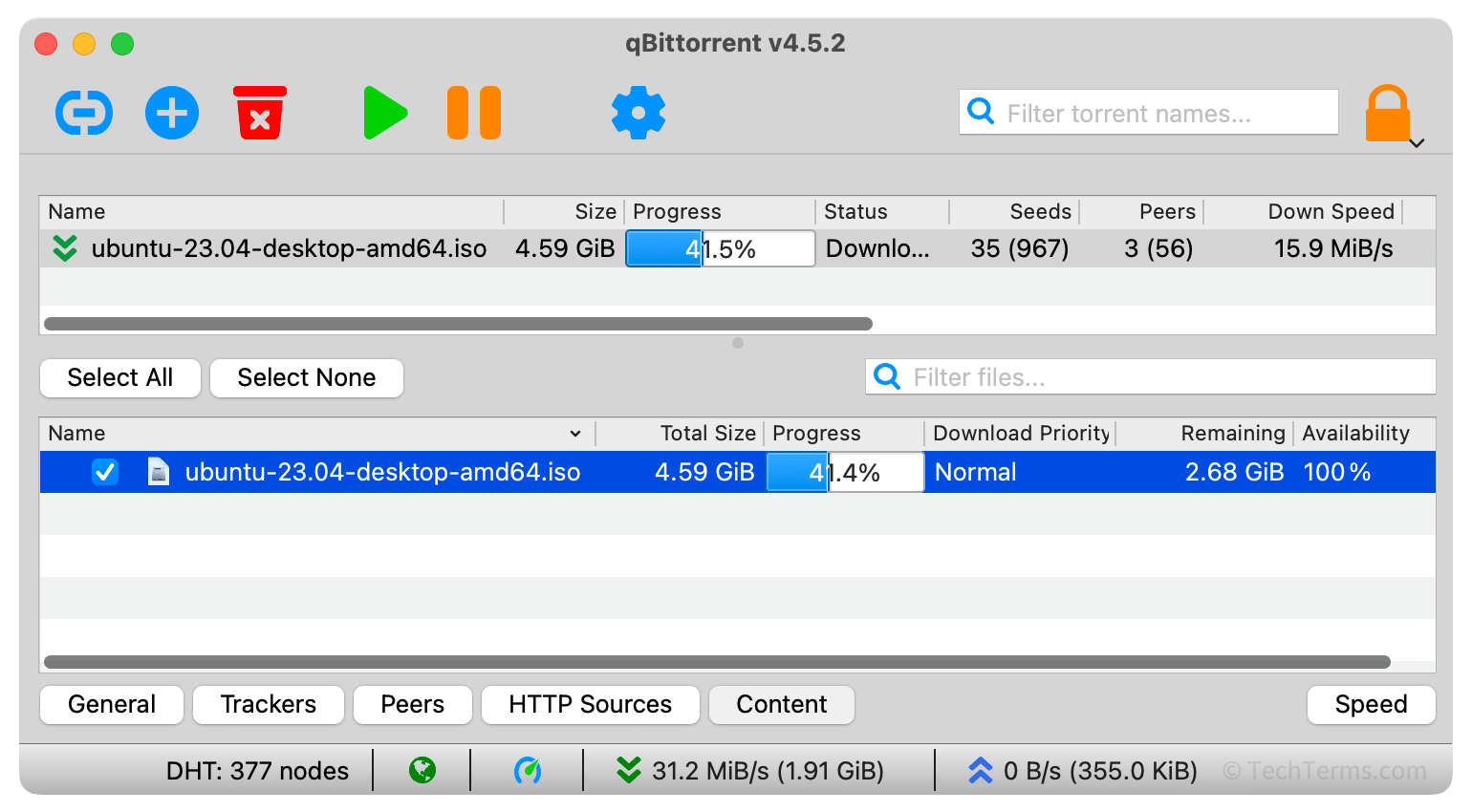Torrent technology has revolutionized the way we share and download files over the internet. From movies and music to software and games, torrents have become an essential tool for many users around the world. In this comprehensive guide, we will delve into what torrents are, how they work, their legal implications, and the best practices for using them safely.
As we explore the intricacies of torrenting, we will also cover the different torrent clients available, how to find reliable torrents, and the risks involved in using this technology. Whether you’re a seasoned torrent user or a complete novice, this article aims to provide valuable insights to enhance your understanding and experience.
By the end of this guide, you will not only grasp the fundamentals of torrents but also learn about the best ways to protect your privacy while torrenting. Let’s embark on this journey to uncover the world of torrenting!
Table of Contents
- What is a Torrent?
- How Do Torrents Work?
- Benefits of Torrenting
- Risks Associated with Torrenting
- Best Torrent Clients
- Finding Reliable Torrents
- Legal Implications of Torrenting
- Best Practices for Safe Torrenting
What is a Torrent?
A torrent is a file that contains metadata about files and folders that are shared using the BitTorrent protocol. It does not contain the actual content itself but instead provides the necessary information for a user’s computer to connect with others and download the content. This protocol enables users to share files in a decentralized manner, avoiding the need for a central server.
Key Features of Torrents
- Decentralization: No single point of failure, making it resilient to outages.
- Speed: Multiple users can upload and download simultaneously, increasing transfer speeds.
- Efficiency: Reduces the load on servers by distributing the data among many users.
How Do Torrents Work?
Understanding how torrents work requires a basic knowledge of the BitTorrent protocol. When a user wants to download a file, they download a torrent file from a torrent website. This file contains information about the files being shared, their location on the network, and details about the peers sharing that file.
Key Components of Torrenting
- Peer: A user who is downloading or uploading files.
- Seeder: A peer who has completed downloading the file and continues to share it.
- Leecher: A peer who is in the process of downloading the file but has not yet completed it.
- Tracker: A server that helps coordinate the transfer of files between peers.
Benefits of Torrenting
Torrenting offers several advantages that make it an attractive option for many users:
- Access to a Wide Range of Content: Torrents provide access to a vast array of files, including rare and hard-to-find media.
- High Download Speeds: The more people share a file, the faster the download speed, thanks to the decentralized nature of torrents.
- Community Sharing: Users can contribute to the community by sharing their own files, creating a collaborative environment.
Risks Associated with Torrenting
While torrenting has its benefits, it also comes with risks that users should be aware of:
- Legal Issues: Downloading copyrighted material can lead to legal repercussions.
- Malware Risks: Some torrent files may contain harmful software that can infect your device.
- Privacy Concerns: Your IP address can be exposed to others, making your online activity traceable.
Best Torrent Clients
Choosing the right torrent client can enhance your torrenting experience. Here are some of the most popular options:
- qBittorrent: A free and open-source client that is lightweight and ad-free.
- uTorrent: A widely used client with a user-friendly interface, though it may contain ads.
- BitTorrent: The original client that offers both free and paid versions with additional features.
Finding Reliable Torrents
Finding trustworthy torrents is crucial to avoid malware and legal issues. Here are some tips:
- Use reputable torrent sites that have a good reputation.
- Check comments and ratings from other users before downloading a file.
- Look for torrents that have a high number of seeders.
Legal Implications of Torrenting
Torrenting itself is not illegal, but downloading copyrighted content without permission is. It’s important to be aware of the laws in your country regarding copyright infringement.
Many countries have strict laws against piracy, and users can face fines or legal action for downloading illegal content. Always ensure that the files you download are legally permitted to share.
Best Practices for Safe Torrenting
To minimize risks while torrenting, consider the following best practices:
- Use a VPN to protect your privacy and hide your IP address.
- Install antivirus software to detect and block malware.
- Always verify the legitimacy of the torrent file before downloading.
Conclusion
In conclusion, torrenting is a powerful technology that allows users to share and download files efficiently. However, it is essential to navigate this landscape carefully, keeping in mind the legal implications and risks associated with it. By following best practices and using reputable sources, you can enjoy the benefits of torrenting while minimizing potential downsides.
If you found this article helpful, feel free to leave a comment, share it with others, or explore more articles on our site to enhance your knowledge about torrenting and digital file sharing.
Penutup
Thank you for reading our comprehensive guide on torrents! We hope you gained valuable insights that will aid you in your torrenting journey. Don’t hesitate to return for more informative content in the future!




